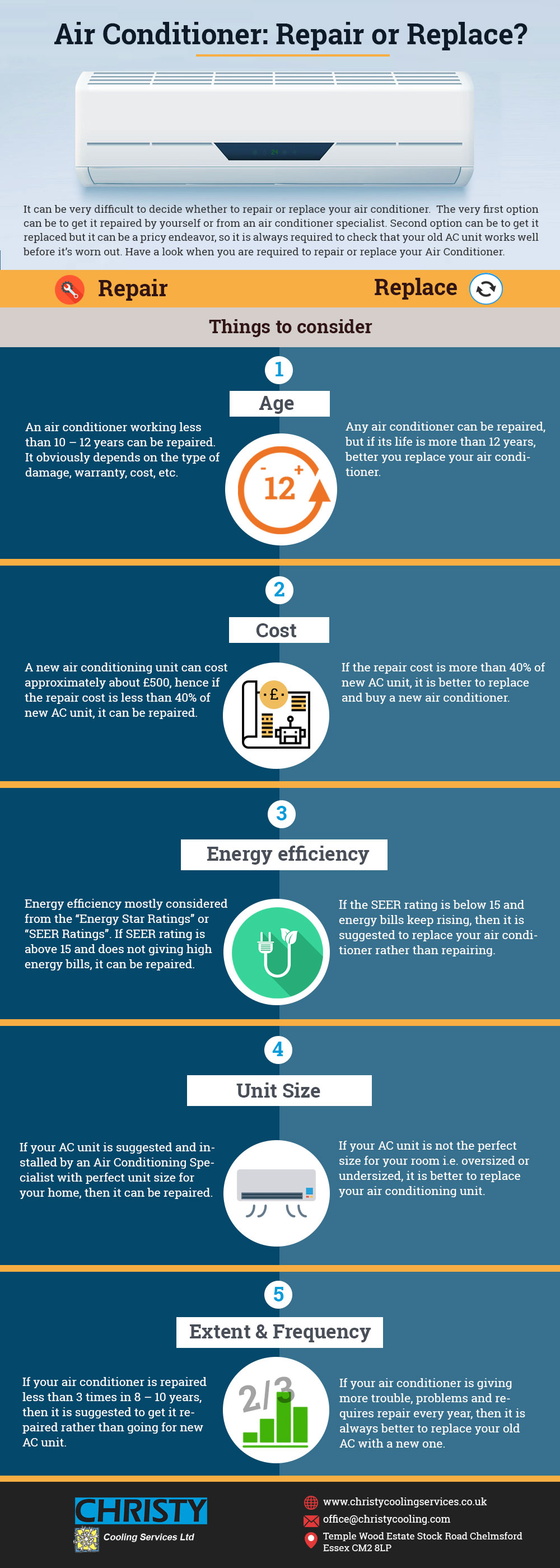The Future Of Home Heating - Exactly How Heatpump Technology Is Evolving
The Future Of Home Heating - Exactly How Heatpump Technology Is Evolving
Blog Article
Personnel Author-Skaaning Byrne
Heatpump will be a crucial modern technology for decarbonising heating. In related web site with federal governments' announced power and environment dedications, their worldwide capability doubles by 2030, while their share in heating rises to one-quarter.
They function best in well-insulated homes and count on power, which can be supplied from a renewable power grid. Technological developments are making them more efficient, smarter and cheaper.
https://costtoaddcentralair15021.blogdal.com/29723109/exploring-the-ecological-benefits-of-warmth-pumps-a-lasting-heating-option make use of a compressor, cooling agent, coils and fans to move the air and warmth in homes and devices. They can be powered by solar power or electrical energy from the grid. They have been getting appeal due to their affordable, peaceful procedure and the capability to produce electrical energy throughout peak power need.
Some firms, like IdaTech and BG MicroGen, are working with gas cells for home heating. These microgenerators can replace a gas central heating boiler and generate some of a residence's electric requirements with a link to the electrical energy grid for the remainder.
However there are reasons to be hesitant of using hydrogen for home heating, Rosenow claims. It would certainly be pricey and ineffective contrasted to other innovations, and it would certainly include in carbon discharges.
Smart and Connected Technologies
Smart home modern technology enables property owners to link and regulate their tools from another location with the use of mobile phone applications. As an example, smart thermostats can discover your heating choices and instantly get used to maximize energy intake. Smart illumination systems can be regulated with voice commands and immediately shut off lights when you leave the area, minimizing energy waste. And smart plugs can monitor and manage your electrical usage, allowing you to recognize and limit energy-hungry devices.
The tech-savvy house depicted in Carina's interview is an excellent image of how residents reconfigure room heating practices in the light of brand-new smart home technologies. They count on the devices' computerized features to carry out daily changes and regard them as a hassle-free ways of performing their home heating techniques. Because of this, they see no reason to adjust their practices even more in order to allow adaptability in their home energy demand, and interventions aiming at doing so may encounter resistance from these households.
Power
Because warming homes accounts for 13% of US exhausts, a switch to cleaner options could make a large difference. Yet the innovation faces obstacles: It's expensive and requires substantial home remodellings. And it's not constantly suitable with renewable energy resources, such as solar and wind.
Until just recently, electric heat pumps were as well costly to take on gas designs in a lot of markets. Yet air con repair near me -new developments in style and products are making them extra budget friendly. And far better cold climate performance is allowing them to work well also in subzero temperatures.
The next action in decarbonising home heating might be making use of warm networks, which draw warmth from a main resource, such as a nearby river or sea inlet, and disperse it to a network of homes or buildings. That would decrease carbon exhausts and allow families to take advantage of renewable energy, such as eco-friendly power from a grid provided by renewables. This option would be much less costly than switching to hydrogen, a fossil fuel that requires new infrastructure and would just decrease carbon dioxide discharges by 5 percent if coupled with improved home insulation.
Renewable Energy
As power rates go down, we're starting to see the same pattern in home heating that has driven electrical cars and trucks into the mainstream-- yet at an also faster rate. The strong climate instance for impressive homes has actually been pushed further by brand-new study.
heat pump life expectancy account for a substantial share of modern warmth consumption, yet have actually been offered minimal plan interest internationally contrasted to other end-use fields-- and even less focus than power has. Partially, this mirrors a mix of customer inertia, divided rewards and, in numerous countries, subsidies for nonrenewable fuel sources.
New technologies could make the shift simpler. For instance, heat pumps can be made more energy effective by changing old R-22 refrigerants with brand-new ones that do not have the high GWPs of their predecessors. Some experts likewise picture area systems that attract warmth from a neighboring river or sea inlet, like a Norwegian arm. The cozy water can then be made use of for heating and cooling in a community.